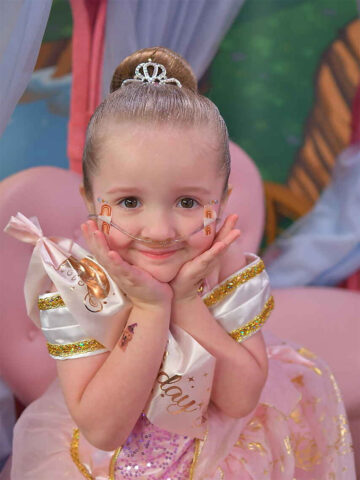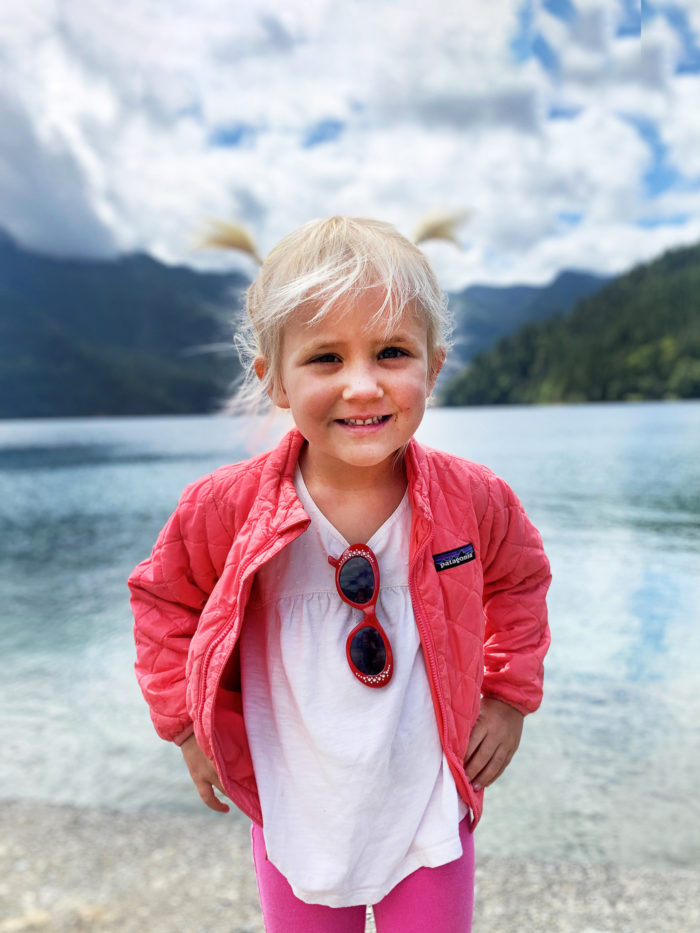Caudal Regression (or Sacral Agenesis) is a rare condition that causes deformity of the lower part of the spine (backbone) called the sacrum. Agenesis means that the bottom of the spine did not fully grow during fetal development. There are different types of Caudal Regression depending on how much of the sacrum developed. There could be deformity of one side or both sides (partial or complete). The pelvis (area made up of the hip bones and bones in the butt) may look equal or different on one side. Caudal Regression may be genetic or caused by the mother’s diabetes while pregnant.
Common Problems
With Caudal Regression there may be a decreased ability to move and feel below the affected area. As the child grows, sitting on their own may take time to learn.
Sometimes surgery may help the bones and muscles to help with sitting. The child’s legs might also be not fully grown and about half of the children with this disorder are not able to walk. Other problems associated with this condition include scoliosis (curvature of the spine), foot and knee deformities, and hip dislocation.
Most children with Caudal Regression have problems with bladder and bowel. Parents will be taught how to care for their child with these problems. The bladder is the muscle that holds pee. When pee does not come out normally to empty the bladder, it is called a Neurogenic bladder. These children may need urinary catheterization. This means that a small tube is inserted into the bladder to help the pee come out.
Some children with this disorder also have a bowel problem. The bowel is the part of the body that holds poop. Neurogenic bowel is when there are problems with poop coming out, and the child may become constipated. A bowel management program may be needed to help the child poop and avoid accidents.
Patient Care
Regular medical care is important and children may need to be hospitalized at times. The child with Caudal Regression will be seen by a team of medical providers. This includes doctors such as a Pediatrician, Orthopedist (bone doctors), Urologist (treats urinary problems), and Neurosurgeon (treats spinal cord problems). Other members of the team include a Physical Therapist (helps with movement), Orthotist (makes leg braces), and nurses.
For questions, please call 714-509-8514.




